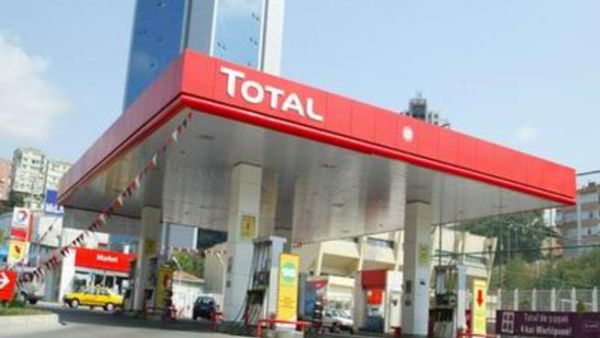Demand for 95-octane gasoline has dropped by 64 per cent since the government raised the price of the product three days ago, according to the Gas Stations Owners Association (GSOA).
GSOA President Fahed Fayez told The Jordan Times on Tuesday that daily consumption of the fuel had gone down from 700 tonnes to 250 tonnes over the past three days as motorists switched to the cheaper 90-octane gasoline.
Earlier this week, the government raised the price of 95-octane gas from JD0.795 per litre to JD1 per litre, making it 38 per cent more expensive than 90-octane gasoline, whose price remained at JD0.62 per litre.
Fayez predicted that the government would also increase the price of 90-octane gas within a month, referring to remarks by Prime Minister Fayez Tarawneh earlier this month in which he said that the lifting of subsidies would exclude basic commodities such as bread, barley, kerosene, diesel and cooking gas.
“The statement of the premier indicates that raising the gasoline price is surely on the agenda of the government,” he added, elaborating that the drop in demand for 95-octane gasoline would encourage the government to hike the price of the lower quality fuel in order to offset the loss in projected revenues.
According to a government official, when decision makers decided to hike the prices of 95-octane gas, they expected the move to generate between JD25 million to JD30 million during the remaining seven months of the year.
According to GSOA figures, motorists in Jordan consumed 1.416 billion litres of gasoline in 2011, with the vast majority of drivers using the cheaper variety.
The report showed that 90-octane fuel consumption increased in 2011 to 1.177 billion litres compared with 1.063 billion litres in 2010, while consumption of the 95-octane dropped to 239 million litres in 2011, after reaching 325 million litres in 2010.








